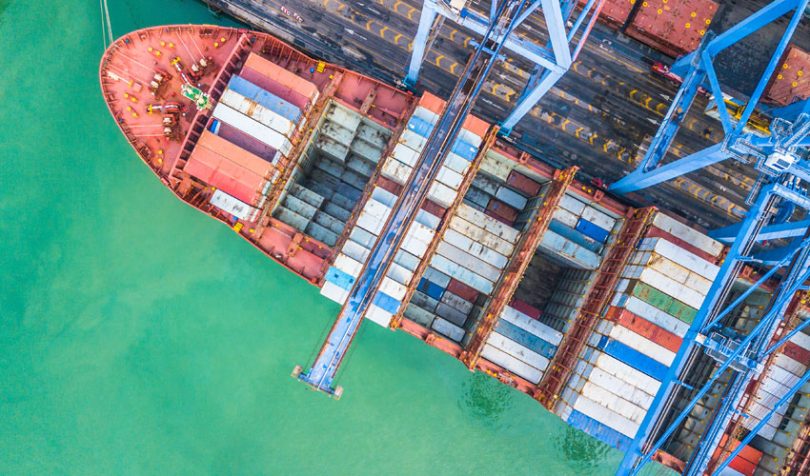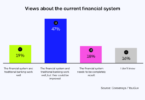Mitsubishi Corporation (Americas) purchased $43 million in metals from a Peruvian mine over a series of transactions using a new kind of digital asset for trade, a Distributed Ledger Payment Commitment (DLPC).
In some ways, a DLPC is not dissimilar to a check but a sophisticated one. The buyer of goods legally commits to make a payment on a specific future date, if certain conditions are met. But the DLPC is a negotiable instrument. So it can be sold, and hence it’s a digital asset, in this case, a kind of IOU from Mitsubishi. The DLPC is a global standard developed by BAFT, the banking trade association.
Last year blockchain platform Skuchain partnered with Mitsubishi RtM, the metals and minerals trading division. Skuchain co-founder and COO Rebecca Liao also co-chaired the BAFT working group that developed the DLPC specification, hence the use by Mitsubishi.
The DLPC standard aimed to create a digital negotiable instrument with legal standing. By having a data and process standard, it could potentially be interoperable across different blockchain technologies. The DLPC can work as a digital instrument in its own right or as the payment commitment leg of other more traditional trade finance processes such as a Letter of Credit or a guarantee.
In the Mitsubishi transactions, Mizuho bank executed the payments.
“People have talked about blockchain and supply chain for at least 5 years. We just moved past the talk stage to actually move thousands of tons of a physical commodity across 10,000 miles backed by bank-acceptable digital assets worth $43m on our blockchain and we did it faster, cheaper, and more secure than what came before,” said Srinivasan Sriram, Founder and CEO at Skuchain.
Meanwhile, Mitsubishi is ramping up its blockchain activities. In trade, it is one of the investors in the NTT DATA TradeWaltz platform alongside other major Japanese brands. Earlier this year, it created a joint venture with NTT for digital transformation, including blockchain technology. And this month, Mitsubishi Heavy Industries announced it’s working with IBM Japan to track the capture and re-use of CO2 released by power plants and industry.






